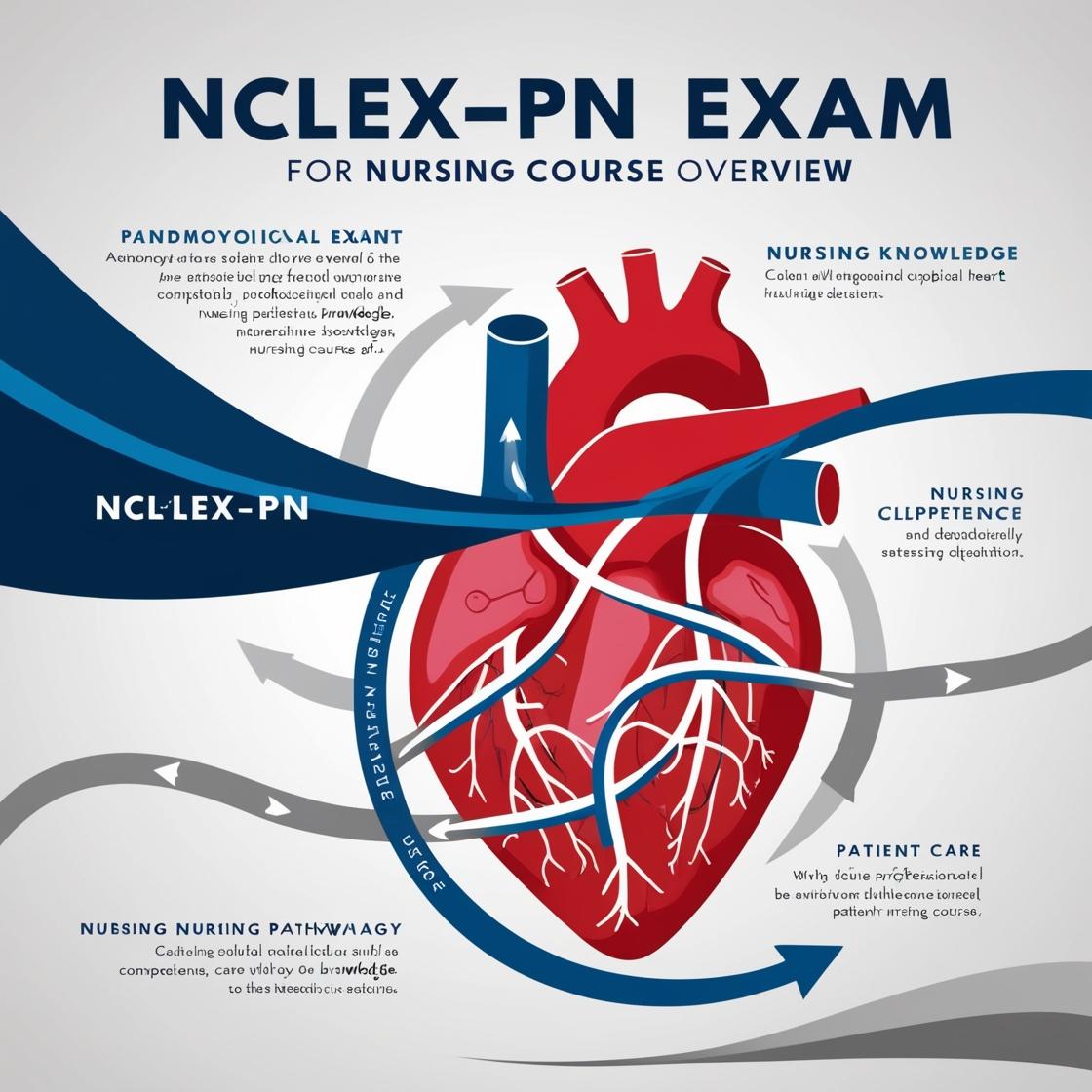NCLEX-PN
PN Nclex Questions 2024
1. To decrease a client's use of denial and increase the client's expression of feelings, what should the nurse do?
- A. Tell the client to stop using the defense mechanism of denial
- B. Positively reinforce each expression of feelings
- C. Instruct the client to express feelings
- D. Challenge the client each time denial is used
Correct answer: B
Rationale: The most appropriate approach to decrease a client's use of denial and promote the expression of feelings is to positively reinforce each expression of feelings. This method helps the client feel supported and validated, encouraging them to continue expressing their emotions openly. Positively reinforcing the expression of feelings can help reduce the need for denial as the client learns that their emotions are acknowledged and accepted. Choices A, C, and D are incorrect. Choice A of telling the client to stop using denial is too directive and may be ineffective. Instructing the client to express feelings (Choice C) lacks positive reinforcement, and challenging the client each time denial is used (Choice D) can create a confrontational environment that hinders therapeutic progress.
2. A client arrives in the emergency room with a possible fractured femur. The nurse should anticipate an order for:
- A. Trendelenburg position
- B. Ice to the entire extremity
- C. Buck's traction
- D. An abduction pillow
Correct answer: C
Rationale: The correct answer is Buck's traction. This intervention is used to realign the fractured femur, reduce spasms, and alleviate pain. Placing the client in the Trendelenburg position is inappropriate for a femur fracture, making answer A incorrect. While ice may be used post-repair, applying it to the entire extremity is unnecessary, so answer B is wrong. An abduction pillow is typically employed following a total hip replacement, not for a fractured femur, rendering answer D incorrect.
3. A client with cancer is to undergo an intravenous pyelogram. The nurse should:
- A. Ensure adequate fluid intake 24 hours before the procedure
- B. Ask the client to void immediately before the study
- C. Administer medication that affects the central nervous system as prescribed
- D. Position the client appropriately for the procedure
Correct answer: B
Rationale: The correct answer is to ask the client to void immediately before the study. For an intravenous pyelogram, the client may have orders for laxatives or enemas, so ensuring the client voids before the test is important to prevent obscuring visualization of the kidney, ureters, and bladder. Choice A is incorrect because there is no need to force fluids before the procedure. Choice C is incorrect as medications affecting the central nervous system should not be held unless specified by the healthcare provider. Choice D is incorrect as covering the reproductive organs with an x-ray shield is not necessary for an intravenous pyelogram.
4. The nursing assistant hitting the client in the long-term care facility can be charged with:
- A. Negligence
- B. Tort
- C. Assault
- D. Malpractice
Correct answer: C
Rationale: Assault is the appropriate charge in this scenario. Assault involves physically striking or touching someone inappropriately. Negligence (Choice A) refers to failing to provide proper care for the client. Tort (Choice B) is a wrongful act committed against the client or their property. Malpractice (Choice D) is the failure to perform an act that should have been done or the improper performance of an act resulting in harm to the client. Since the nursing assistant physically struck the client, the charge of assault is most fitting.
5. Two staff nurses were considered for promotion to head nurse. The promotion is announced via a memo on the unit bulletin board. The nurse who was not promoted tells a friend, "Oh, well, I really didn't want the job anyway."? This is an example of:
- A. rationalization.
- B. denial.
- C. projection.
- D. compensation.
Correct answer: A.
Rationale: This is an example of rationalization, specifically the sour grapes form, where the individual convinces themselves that they didn't want something after realizing they couldn't have it. Rationalization is an unconscious form of self-deception involving making excuses. In this scenario, the nurse is rationalizing her disappointment by downplaying her desire for the promotion. Denial involves ignoring the existence of a situation, which is not demonstrated here. Projection involves blaming others unconsciously, which is also not present in this situation. Compensation is an attempt to offset a perceived weakness by emphasizing a strong point, which is not shown in the nurse's response.
Similar Questions

Access More Features
NCLEX PN Basic
$69.99/ 30 days
- 5,000 Questions with answers
- Comprehensive NCLEX coverage
- 30 days access @ $69.99
NCLEX PN Premium
$149.99/ 90 days
- 5,000 Questions with answers
- Comprehensive NCLEX coverage
- 30 days access @ $149.99
